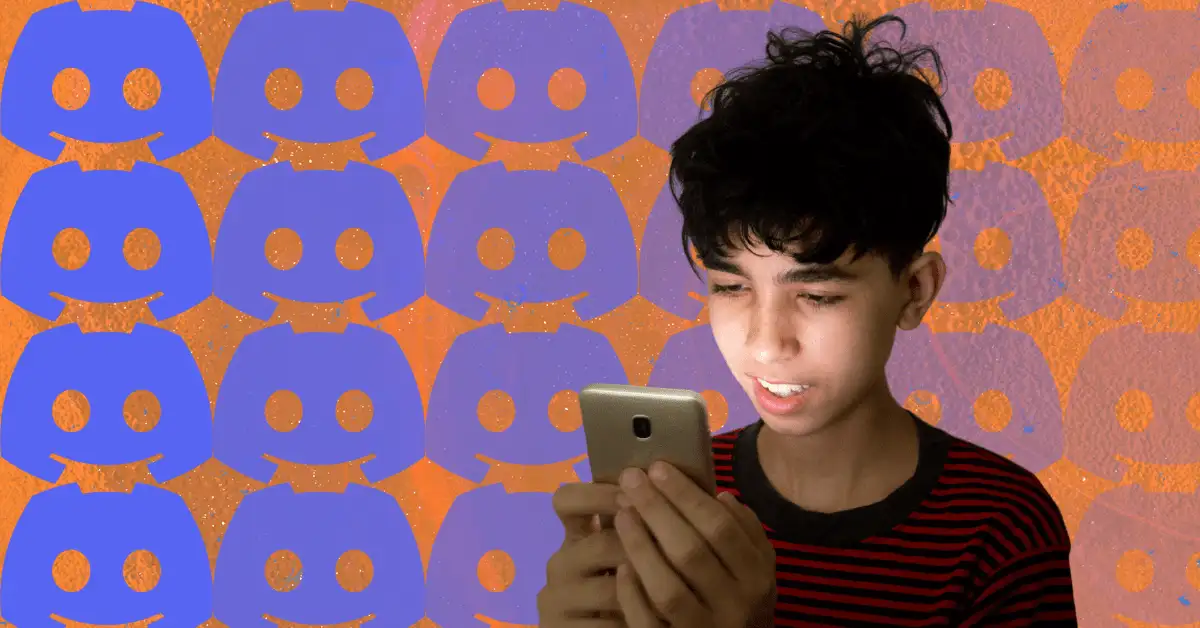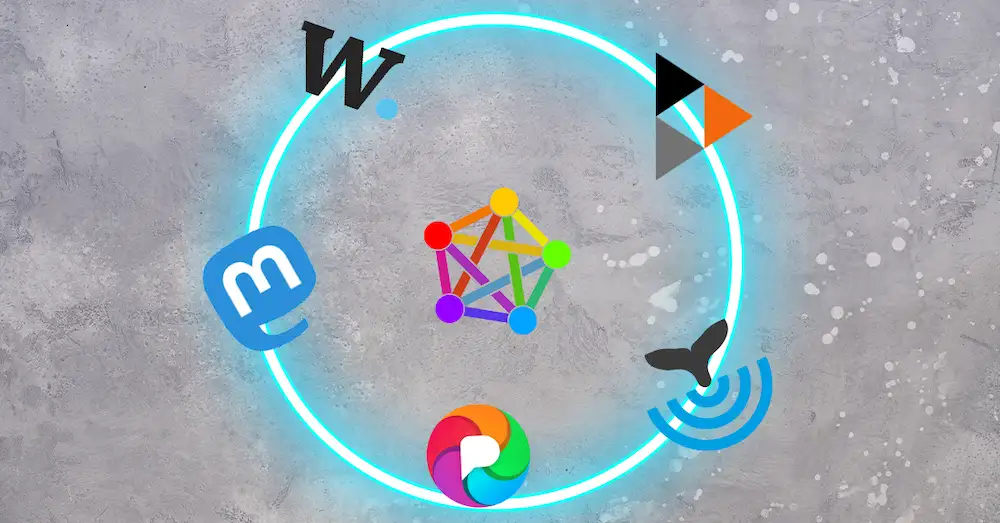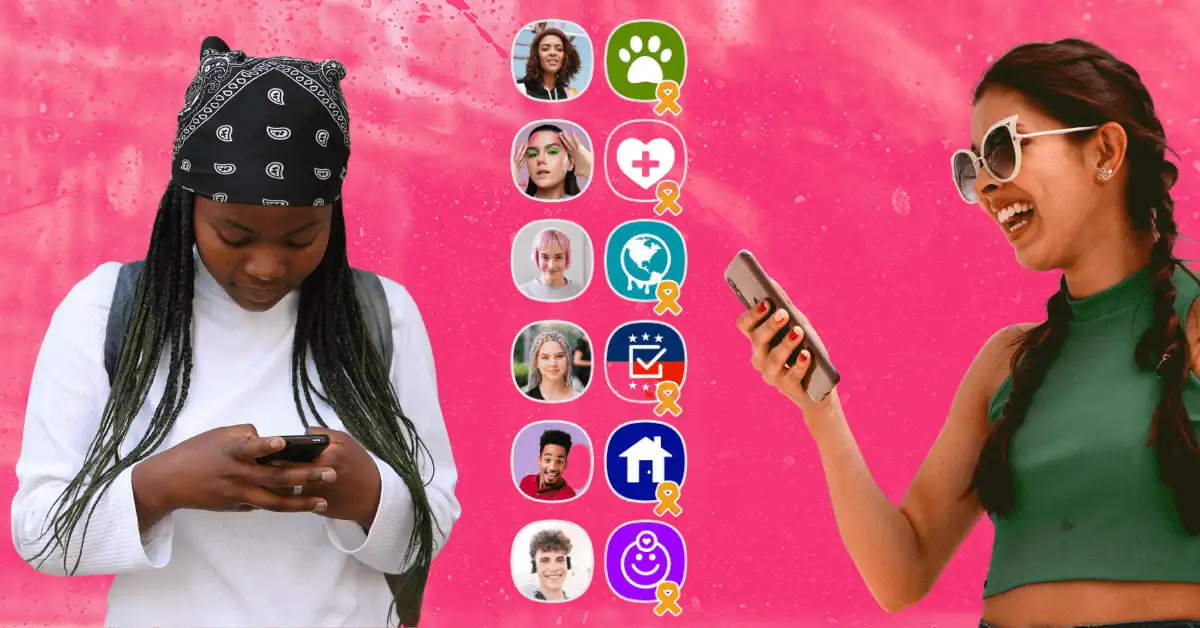People are jerks in the metaverse, too, an unsurprising trend as the virtual world expands.

Take Meta’s new Horizon Worlds — a free Oculus platform that lets people create a VR avatar, build worlds and items, and interact and play games with others.
Players can gather in the Plaza, which is where a beta tester said someone tried to “grope” her avatar, per The Verge. She wrote it felt “more intense” than harassment on the regular, 2D internet.
VR harassment isn’t new
In a 2018 survey of 600 people who used VR at least 2x per month, 49% of women and 36% of men reported sexual harassment.
In 2016, a woman blogged about her experience playing “QuiVR,” an archery game. She was having a great time until a stranger chased her around trying to grope her avatar.
She told The Guardian the “shock” she felt was about equal to similar incidents in real life.
That makes sense…
… when you consider the point of VR is to be immersive.
A 2020 study also found that those who experienced a negative scenario in VR reported more intense emotions — which they dwelled on for longer — than those who experienced it in 2D games.
So, how do you moderate it?
- After the “QuiVR” incident, its creators added a gesture that put players in their own bubbles.
- Meta has Safe Zone, a feature that puts the user in a protective bubble. They can also report or block bad actors.
These methods put the onus on players, but some VR players say they were unable to identify — and therefore report — players using racist and sexist speech.
VR app Rec Room responded by testing and implementing AI moderation to weed out slurs and explicit statements, which could be one solution. But it still doesn’t address the groping.
BTW: We tried Worlds’ sibling, Horizon Venues, this weekend. We found a bunch of kids (despite age restrictions), a political debate, and a guy waving his hand in everyone’s face yelling, “Where are you from?” Cool?










